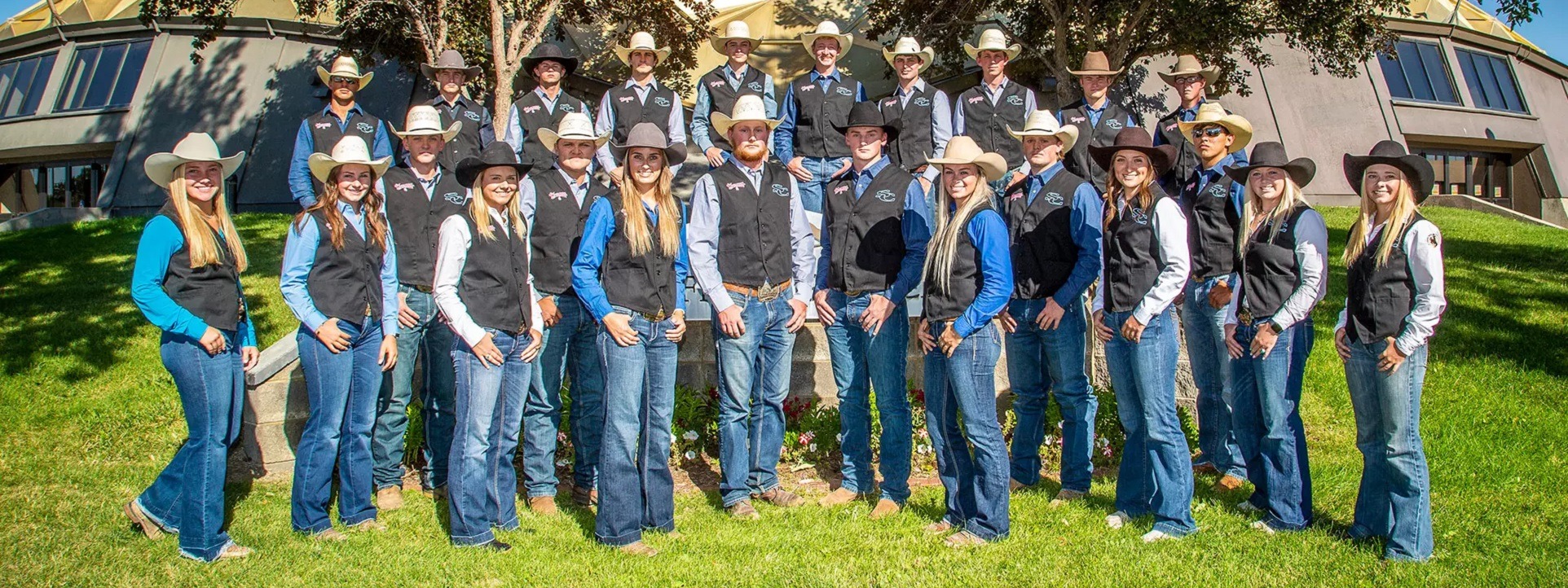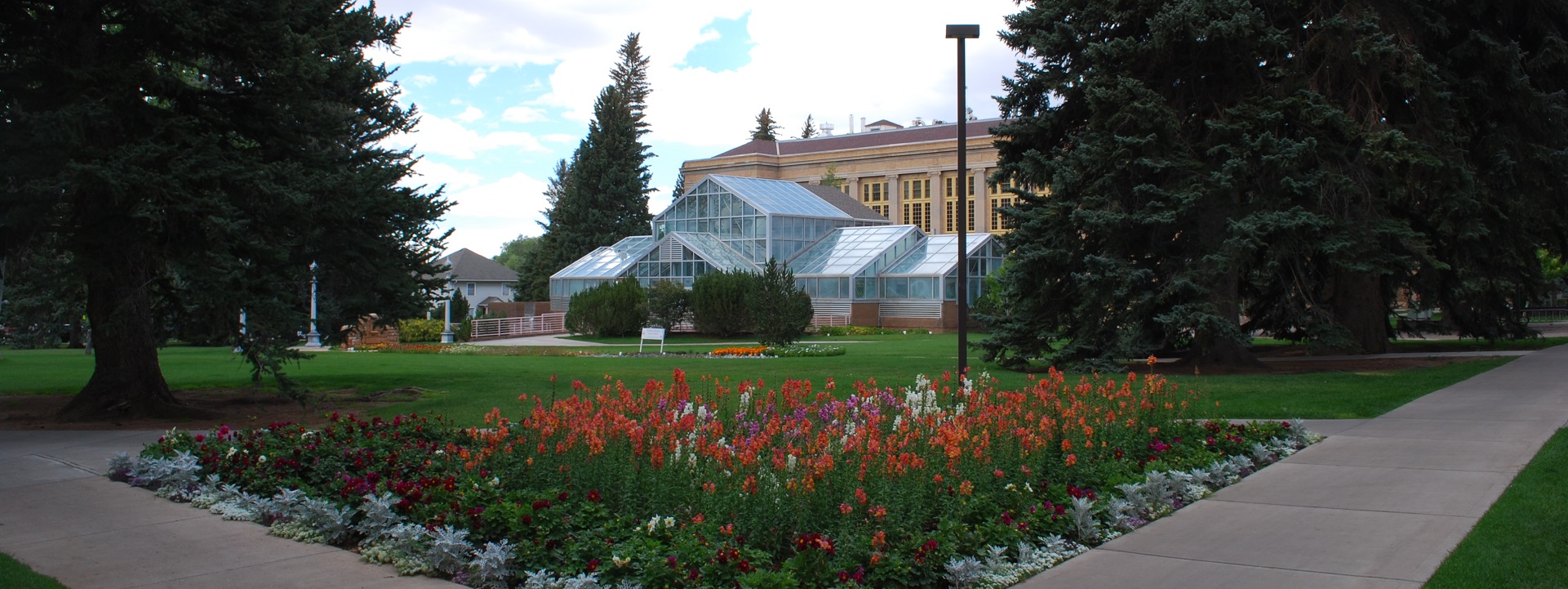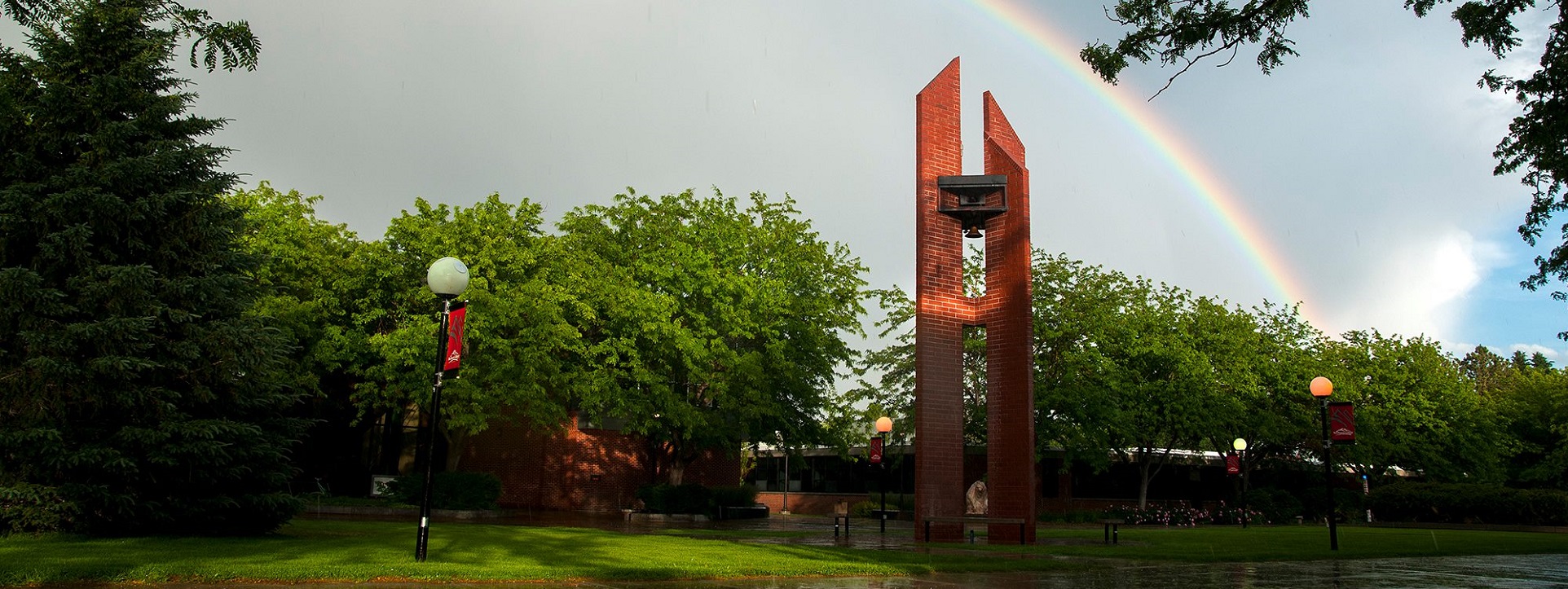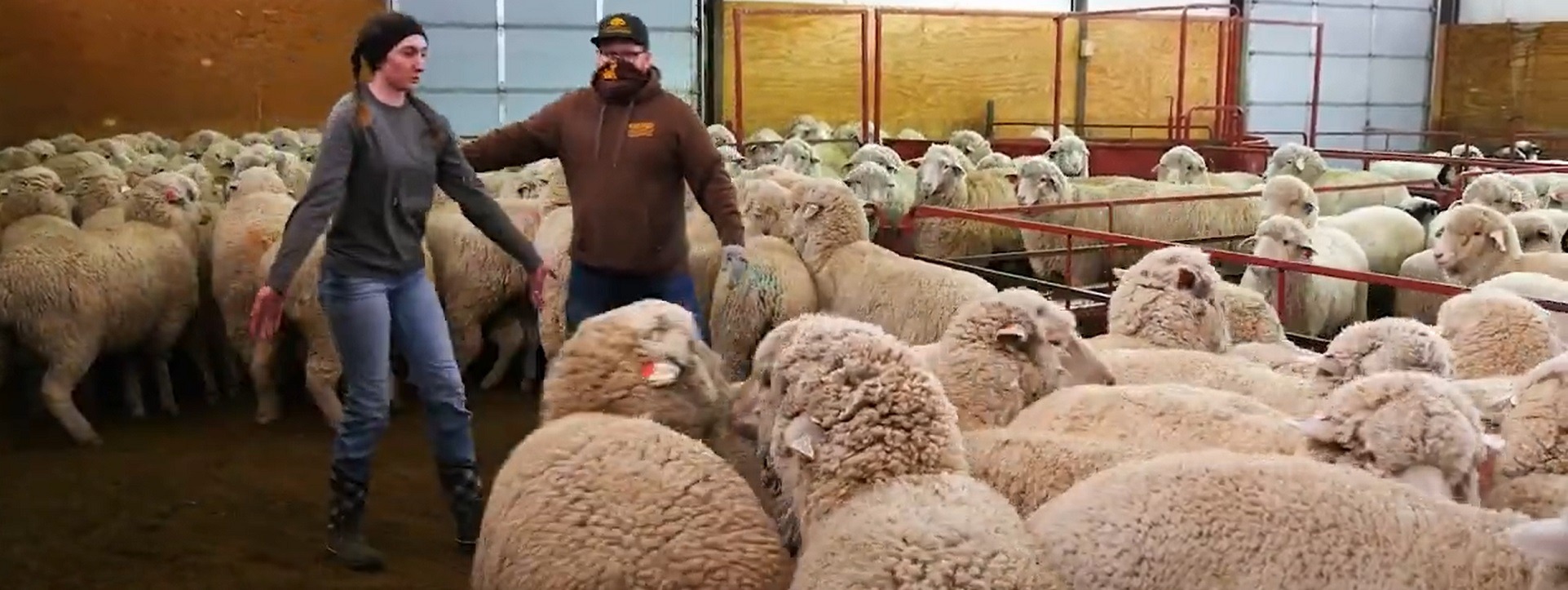Ohio K-12 Facilities Construction Commission | Map of K-12 Schools

Ohio K-12 Facilities Construction Commission | Map of K-12 Schools
The National Institute of Standards and Technology is responsible for maintaining and disseminating official time in the United States. While NIST does not have a direct role in implementing clock changes for daylight saving time, it does play an important role in ensuring that timekeeping systems across the country are accurate and consistent.
Prior to the implementation of daylight saving time, NIST issues public announcements reminding individuals and organizations to adjust their clocks accordingly. NIST also provides resources to help people synchronize their clocks, such as the time.gov website and the NIST radio station WWV.
In addition, NIST is responsible for developing and maintaining the atomic clocks that are used to define Coordinated Universal Time (UTC), the international standard for timekeeping. UTC is used as the basis for all civil time in the United States, and it is the reference time used by many systems, including the Global Positioning System (GPS) and the internet.
Overall, while NIST does not have a direct role in implementing clock changes for daylight saving time, it plays an important role in ensuring that timekeeping systems across the country are accurate and consistent, which is essential for the smooth implementation of any changes to the system.
More
Time Realization and Distribution
Today at the usual hour we review a selection of global building codes and standards that guide best practice for safety, accessibility, and functionality for day care facilities; with special interest in the possibilities for co-locating square footage into the (typically) lavish unused space in higher education facilities.
Use the login credentials at the upper right of our home page.
“A Group of Children Playing the Game ‘Oranges and Lemons’ in a Domestic Interior”
Harry Brooker (1848-1940)https://t.co/YpxsSUf8nV pic.twitter.com/kjhgJvYxPs— Standards Michigan (@StandardsMich) February 24, 2025
“
The morning cup of coffee has an exhilaration about it which the cheering influence
of the afternoon or evening cup of tea cannot be expected to reproduce.”
“The Professor at the Breakfast-Table” (Oliver Wendell Holmes Sr., 1858)
Documenting how tall the corn is on June 10th.
Lotta season left…. pic.twitter.com/92rsPTMnPk— Katie (@K84IAST8) June 11, 2024
Roger Scruton: The True, the Good and the Beautiful
Student Cornbread Recipe Message Board
Student Affairs: Spots to Grab a Coffee on Campus
United States Department of Agriculture: Is Corn a Grain or a Vegetable?
Pro Farmer Tour 2024, south central Nebraska sweet corn edition. @PVseed planted May 22. Pivot irrigated. #Pftour24 pic.twitter.com/vdMEV2GfiR
— Laura Farms (@laurafarms_) August 20, 2024
“In the quiet moments between sips of coffee, one can hear the whispers of the stars” — Mai Mochizuki (‘The Full Moon Coffee Shop’, 2024)
Michigan Upper Peninsula | Not Detroit, Not Dearborn
Michigan Technological University 2023 Net Position: $396,224,298
FY2025 Five-Year Capital Outlay Plan
Velodrome Lumberjack Latte § Marquette § Houghton § Ishpeming
“Yes, you are a battery” — Benjamin Batton
Michigan Technological University Facilities Management
“We wish to suggest a structure
for the salt of deoxyribose nucleic acid (DNA).
This structure has novel features
which are of considerable biological interest….”
James Watson | “Nature” April 1953
This simple method preparing hot coffee evolved from open flame; out on the range. The result is a strong, robust cup that retains grittiness due to the coarse grind and the absence of a filter. Cowboy coffee is more about utility and simplicity rather than precision and refinement, which aligns with the rugged and practical nature of cowboy life. Here’s how it’s typically made:
Ingredients:
Coarsely ground coffee beans, water.
Equipment:
A pot (often a simple metal or enamel coffee pot), a heat source (campfire or portable stove), and a way to separate the grounds from the liquid (like pouring or using a fine mesh strainer).
Process:
Add coarsely ground coffee to the pot. The amount can vary based on personal preference, but it’s generally a couple of tablespoons of coffee per cup of water.
Add water to the pot. Again, the ratio of coffee to water can be adjusted based on taste preferences.
Place the pot on the heat source and bring it to a near-boil. Watch it carefully to avoid boiling over.
Once it’s heated, let it steep for a few minutes. Some cowboys might toss in a crushed eggshell to help settle the grounds.
Remove the pot from the heat and let it sit for a moment to allow the coffee grounds to settle.
Pour the coffee carefully to avoid pouring the grounds into your cup.
Locals swear by it:
“Cowboy coffee ain’t as easy as it looks. It takes some know-how to make it right.” – Unknown
“You can’t compromise with a cup of weak coffee.” – Cowboy Proverb
“There are only two things that a cowboy can’t do without – his horse and his coffee.” – Unknown
“A cowboy’s day starts with coffee and ends with whiskey.” – Unknown
“Life is too short for bad coffee.” – Unknown
“Cowboy coffee: where the grounds are meant to be chewed, not sipped.” – Unknown











“The Liberals are Coming, and They’re Bringing Fancy Coffee” https://t.co/XykfCFYZgVhttps://t.co/exHU6TR2h9
America is changed by flight from miserable Blue States to better Red States—only to import the policies that created the misery they fled from in the first place. pic.twitter.com/OaVVgrTxJr— Standards Michigan (@StandardsMich) October 31, 2022
Water is essential for sanitation and hygiene — and proper sanitation is essential for protecting water sources from contamination and ensuring access to safe drinking water. Access to safe water and sanitation is crucial for preventing the spread of waterborne diseases, which can be transmitted through contaminated water sources or poor sanitation practices. Lack of access to safe water and sanitation can lead to a range of health problems, including diarrheal diseases, cholera, typhoid, and hepatitis A.
On the other hand, poor sanitation practices, such as open defecation, can contaminate water sources, making them unsafe for drinking, bathing, or cooking. This contamination can lead to the spread of diseases and illness, particularly in developing countries where access to clean water and sanitation facilities may be limited.
We track the catalog of the following ANSI accredited standards developers that necessarily require mastery of building premise water systems:
American Society of Heating, Refrigerating and Air-Conditioning Engineers: ASHRAE develops standards related to heating, ventilation, air conditioning, refrigeration systems — and more recently, standards that claim jurisdiction over building sites.
American Society of Mechanical Engineers: ASME develops standards related to boilers, pressure vessels, and piping systems.
American Water Works Association: AWWA is a standards development organization that publishes a wide range of standards related to water supply, treatment, distribution, and storage.
ASTM International: ASTM develops and publishes voluntary consensus standards for various industries, including water-related standards. They cover topics such as water quality, water sampling, and water treatment.
National Fire Protection Association: NFPA develops fire safety standards, and some of their standards are related to water, such as those covering fire sprinkler systems and water supplies for firefighting within and outside buildings. We deal with the specific problems of sprinkler water system safety during our Prometheus colloquia.
National Sanitation Foundation International (NSF International): NSF International develops standards and conducts testing and certification for various products related to public health and safety, including standards for water treatment systems and products.
Underwriters Laboratories (UL): UL is a safety consulting and certification company that develops standards for various industries. They have standards related to water treatment systems, plumbing products, and fire protection systems.
* The evolution of building interior water systems has undergone significant changes over time to meet the evolving needs of society. Initially, water systems were rudimentary, primarily consisting of manually operated pumps and gravity-fed distribution systems. Water was manually fetched from wells or nearby sources, and indoor plumbing was virtually nonexistent.
The Industrial Revolution brought advancements in plumbing technology. The introduction of pressurized water systems and cast-iron pipes allowed for the centralized distribution of water within buildings. Separate pipes for hot and cold water became common, enabling more convenient access to water for various purposes. Additionally, the development of flush toilets and sewage systems improved sanitation and hygiene standards.
In the mid-20th century, the advent of plastic pipes, such as PVC (polyvinyl chloride) and CPVC (chlorinated polyvinyl chloride), revolutionized plumbing systems. These pipes offered durability, flexibility, and ease of installation, allowing for faster and more cost-effective construction.
The latter part of the 20th century witnessed a growing focus on water conservation and environmental sustainability. Low-flow fixtures, such as toilets, faucets, and showerheads, were introduced to reduce water consumption without compromising functionality. Greywater recycling systems emerged, allowing the reuse of water from sinks, showers, and laundry for non-potable purposes like irrigation.
With the advancement of digital technology, smart water systems have emerged in recent years. These systems integrate sensors, meters, and automated controls to monitor and manage water usage, detect leaks, and optimize water distribution within buildings. Smart technologies provide real-time data, enabling better water management, energy efficiency, and cost savings.
The future of building interior water systems is likely to focus on further improving efficiency, sustainability, and water quality. Innovations may include enhanced water purification techniques, decentralized water treatment systems, and increased integration of smart technologies to create more intelligent and sustainable water systems.
The first mover in building interior water supply systems can be traced back to the ancient civilizations of Mesopotamia, Egypt, and the Indus Valley. However, one of the earliest known examples of sophisticated indoor plumbing systems can be attributed to the ancient Romans.
The Romans were pioneers in constructing elaborate water supply and distribution networks within their cities. They developed aqueducts to transport water from distant sources to urban centers, allowing for a centralized water supply. The water was then distributed through a network of lead or clay pipes to public fountains, baths, and private residences.
One notable example of Roman plumbing ingenuity is the city of Pompeii, which was buried by the eruption of Mount Vesuvius in 79 AD. The excavation of Pompeii revealed a well-preserved plumbing system that included indoor plumbing in some houses. These systems featured piped water, private bathrooms with flushing toilets, and even hot and cold water systems.
The Romans also invented the concept of the cloaca maxima, an ancient sewer system that collected and transported wastewater away from the city to nearby bodies of water. This early recognition of the importance of sanitation and wastewater management was a significant advancement in public health.
While the Romans were not the only ancient civilization to develop indoor plumbing systems, their engineering prowess and widespread implementation of water supply and sanitation infrastructure make them a key player in the history of building interior water systems.
“Europe today has little desire to reproduce itself,
fight for itself or even take its own side in a argument.
By the end of the lifespans of most people currently alive,
Europe will not be Europe and the peoples of Europe
will have lost the only place in the world we had to call home”
– Douglas Murry (“The Strange Death of Europe”)
Large European universities such as Rijksuniversiteit Groningen are integrated into the fabric of the surrounding city. There are several ways in which this integration takes place:
Physical location: Many European universities are located in the heart of the city, often in historic buildings that have been repurposed for educational use. This central location means that the university is easily accessible to students and the general public, and that it is often surrounded by other cultural institutions, such as museums, theaters, and libraries.
Student life: The presence of a large student population can have a significant impact on the city’s culture and economy. Many European cities have developed a vibrant student culture, with cafes, bars, and other venues catering to the needs and interests of young people. This can help to create a sense of community between the university and the city, and can also bring economic benefits to local businesses.
Research and innovation: Large European universities are often at the forefront of research and innovation, and they can be important drivers of economic growth in the surrounding region. Many universities work closely with local businesses and industries, and they may also collaborate with other universities and research institutions in the area.
Cultural exchange: Universities can be important centers of cultural exchange, both for international students and for local residents. Many European universities offer language classes and other cultural programs that are open to the public, and they may also host lectures, concerts, and other events that are designed to promote cross-cultural understanding.
Overall, the integration of large European universities into the city is a complex and multifaceted process that can have a significant impact on the social, cultural, and economic life of the surrounding region.
The origin of brown cafés can be traced back to the 17th century, during the Dutch Golden Age. At that time, the Netherlands was a prosperous and influential trading nation, and Amsterdam was a bustling city with a thriving port. Sailors, merchants, and locals needed places to socialize, relax, and conduct business, leading to the emergence of taverns and pubs.
The term “brown café” is believed to have originated from the brownish stains that formed on the walls and ceilings due to tobacco smoke, candle soot, and other atmospheric elements. These stains gave the cafés a distinct, cozy ambiance and a sense of history.
Brown cafés became an integral part of Dutch culture, serving as communal gathering spots for people of all walks of life. They were places where locals would meet friends, engage in conversations, enjoy a drink, and sometimes play board games like chess or backgammon. Over time, brown cafés became associated with an authentic, unpretentious, and relaxed atmosphere, attracting both locals and tourists.
The unique charm of brown cafés lies in their preserved historical interiors, with old wooden furniture, dim lighting, and a wide selection of local beers and spirits. Many brown cafés still retain their original character, transporting visitors back in time and providing a cozy retreat from the hustle and bustle of modern life.
While the concept of brown cafés originated in the Netherlands, similar types of establishments can also be found in other European countries, such as Belgium and parts of Germany. However, the term “brown café” is primarily associated with the Dutch tradition of cozy, atmospheric, and convivial drinking establishments.
Of Beauty and Consolation: Roger Scruton
Studenten van @RSMErasmus passen het vak #standaardisatie toe in de praktijk. Komende maand helpen zij vijf ondernemers van @TheGrnVillage met #normalisatie vraagstukken rondom hun #innovatie.
Wij zijn benieuwd naar de resultaten.#learningcommunity #praktijkonderwijs pic.twitter.com/OIpPXQpGsf
— NEN (@NEN_nl) February 13, 2023
“In a world of infinite information,
the scarce resource is attention.”
By design, we do not provide a SEARCH function. We are a niche practice in a subtle, time-sensitive domain with over 30 years of case history. We were the first movers in the largest building construction market in the world. We are happy to answer all questions but place priority on collaborations. We provide links to the most accessed topics in recent days. All queries presented during our “Open Office Hours” every work day, or via email, are gratefully received and prompt a near-immediate response.
Alexis de Tocqueville on the Foundations of American Democracy
Standard for Interactions Between Medical Examiner, Coroner and Death Investigation Agencies
Acceptable Performance Standard for District Cooling Systems
As part of its ongoing, exhaustive effort to continually promote campus safety, the University of Georgia announced today several additional measures, totaling more than $7.3 million, to further strengthen campus security on its Athens campus. https://t.co/bTg6b4DLUX
— UGA (@universityofga) February 27, 2024
@rmayMVS here ya go! From Kruger National Park South Africa #mvinterim #mvinterinterim2southafrica24 pic.twitter.com/QU0rUuGJgg
— Dr. Kelli Bynum (@kellimccbynum) March 3, 2024
Stacks of fun at @OrielOxford‘s annual #ShroveTuesday race 🥞#PancakeDay pic.twitter.com/nTXOpkR1zO
— University of Oxford (@UniofOxford) February 13, 2024
Electrical heat tracing: international harmonization-now and in the future
Electrical heat tracing: international harmonization-now and in the future
“It is a truth universally acknowledged, that a single man in possession
of a good fortune, must be in want of a wife.”
— Pride and Prejudice by Jane Austen
Complete Monograph: 2024 GROUP A PROPOSED CHANGES TO THE I-CODES
Design Considerations for Hot Water Plumbing
Baseline Standards for Student Housing
2024/2025/2026 ICC CODE DEVELOPMENT SCHEDULE
Indoor plumbing has a long history, but it became widely available in the 19th and early 20th centuries. In the United States, for example, the first indoor plumbing system was installed in the Governor’s Palace in Williamsburg, Virginia in the early 18th century. However, it was not until the mid-19th century that indoor plumbing became more common in middle-class homes.
One important milestone was the development of cast iron pipes in the 19th century, which made it easier to transport water and waste throughout a building. The introduction of the flush toilet in the mid-19th century also played a significant role in making indoor plumbing more practical and sanitary.
By the early 20th century, indoor plumbing had become a standard feature in most middle-class homes in the United States and other developed countries. However, it was still not widely available in rural areas and poorer urban neighborhoods until much later.
New update alert! The 2022 update to the Trademark Assignment Dataset is now available online. Find 1.29 million trademark assignments, involving 2.28 million unique trademark properties issued by the USPTO between March 1952 and January 2023: https://t.co/njrDAbSpwB pic.twitter.com/GkAXrHoQ9T
— USPTO (@uspto) July 13, 2023
Standards Michigan Group, LLC
2723 South State Street | Suite 150
Ann Arbor, MI 48104 USA
888-746-3670
